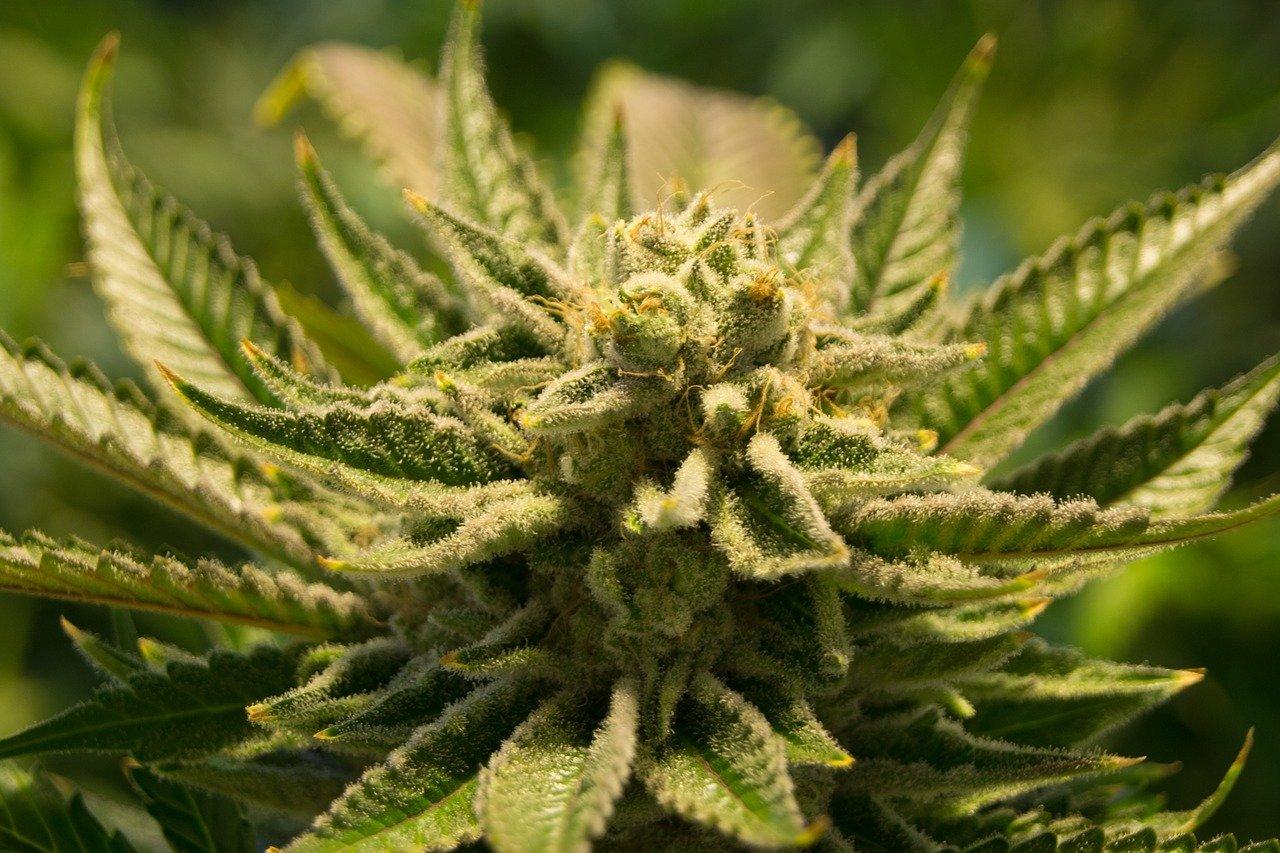Which Are The Biggest Cannabis Companies in the U.S.?
The marijuana industry is rapidly growing in the U.S. Here’s the list of the biggest cannabis companies in the US.
Dec. 18 2020, Published 11:44 a.m. ET

The marijuana industry is rapidly growing in the U.S. Currently, it is fully legal only in Canada and Uruguay. In the U.S., using cannabis for medical purposes is legal in about 35 states, while recreational use is legal in 15 states. Some of the biggest cannabis companies in the U.S. could be in for a great 2021 if a House bill on federal decriminalization eventually gets made law.
Marijuana stocks began surging after Joe Biden was elected as the 46th U.S. president. This is mainly because Biden supports marijuana decriminalization and legalization. Several states including New Jersey and Montana voted in favor of recreational cannabis in November as well.

Which are the biggest marijuana companies in the U.S.?
Curaleaf Holdings is the biggest marijuana company in the U.S. The Massachusetts-based company produces and distributes marijuana through dispensaries in about 18 states. In July, it acquired Grassroots, a Chicago-based marijuana producer and retailer, for $830 million. Curaleaf’s market cap of $8.2 billion is remarkably high compared to industry standards.
Trulieve is another largest cannabis company in the U.S. The Florida-based medical cannabis company can expand with ease as it has a significant amount of cash and cash equivalents. Trulieve’s market capitalization is $3.9 billion. The other top cannabis companies are Canopy Growth, GW Pharmaceuticals, and Cronos Group.
How the Aphria and Tilray merger will impact the industry:
On Dec. 16, Aphria agreed to merge with Tilray in an all-stock deal. The combined company would be the largest global marijuana company by revenue. The combined company generated sales of $685 million in the last 12 months, which is the highest in the global marijuana industry. The combined company is likely to control about 17 percent of the adult-use Canadian marijuana market by revenue.
Under the terms of the deal, Aphria shareholders would get 0.8381 shares of Tilray for each Aphria shares owned by them. The combined company is likely to have an equity value of about $3.9 billion.
What is the outlook for the marijuana industry?
In the marijuana industry, there is a tremendous opportunity for growth and an enormous amount of value. According to New Frontier Data, the U.S. legal cannabis industry was likely to be $13.6 billion in 2019. The data analytics company expects that the legal sales of cannabis in the U.S. is likely to reach $35 billion by 2025. The legal marijuana industry is also creating thousands of jobs.
Where marijuana legalization stands in the US now:
In the U.S., the laws about distribution, possession, and personal cultivation of marijuana are set state-by-state, though it remains a Schedule 1 narcotic at the federal level. As a result, it is confusing for the investors and consumers as the laws vary based on the location.
In the U.S., about 35 states have legalized the use of marijuana for medical purposes, including Alaska, Arizona, California, Florida, and Michigan. The recreational use of marijuana is legal in nearly 15 states, including Alaska, Arizona, California, Colorado, Illinois, and Maine. However, the sales won’t start in some of these states for another year or two. The use of marijuana is also decriminalized in a majority of the states. This means possession of cannabis up to a certain quantity isn’t prosecuted.
How Biden could help the marijuana industry:
The marijuana market in the U.S. is likely to benefit from the Biden administration’s policies. President-elect Joe Biden supports decriminalizing marijuana, widening access to medical cannabis, and would allow states to determine their own policies. Biden also wants to remove convictions for marijuana-related offenses.
